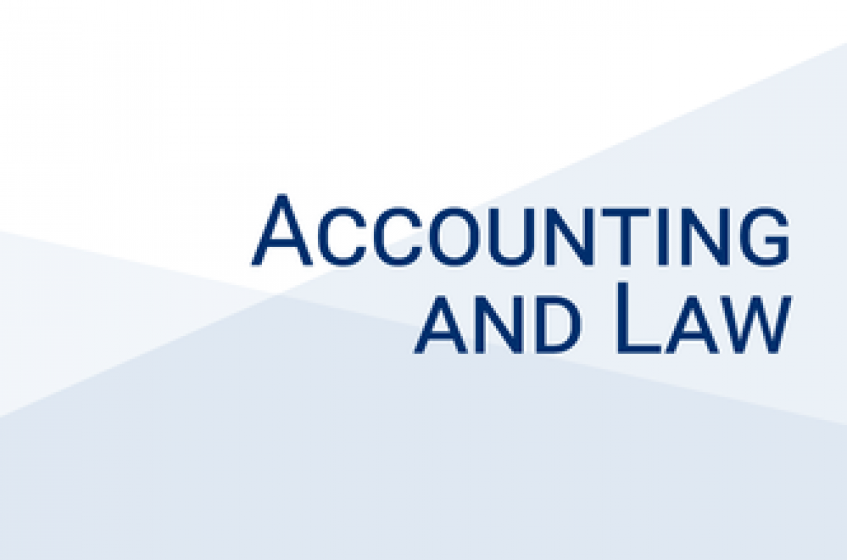The Determinants and Informativeness of Banks’ Return on Tangible Common Equity Disclosures
Professor John Campbell
J. M. Tull Chair in Accounting
University of Georgia
Prior research suggests that regulation of financial reporting affects firms’ disclosure choices, but little is known about how regulation by entities other than the SEC and FASB can affect financial reporting to investors. We investigate the determinants and informativeness of ROTCE disclosures. ROTCE is a common performance measure used in the banking industry that adjusts for items ignored by banking industry regulators for capital adequacy assessments (i.e., goodwill, intangible assets, preferred stock). ROTCE disclosures appear motivated by economic characteristics (i.e., attention from bank regulators, factors that impair the usefulness of GAAP ROE) rather than opportunism. However, in contrast to prior literature on non-GAAP earnings, we find that ROTCE is less informative than its GAAP alternative (i.e., ROE), despite the usefulness of tangible equity for assessing capital adequacy. Specifically, GAAP ROE is more persistent and predictable than ROTCE and exhibits stronger associations with future cash flows and analysts’ earnings forecasts. Investors do not appear to recognize these differences, which leads to negative subsequent returns for firms with large excesses of ROTCE over ROE. Overall, our results suggest that regulation outside of public capital markets can impact firms’ voluntary disclosures, and that there are can be adverse effects on disclosure quality and market efficiency if the purposes for which investors and outside regulators use information are different.











